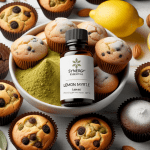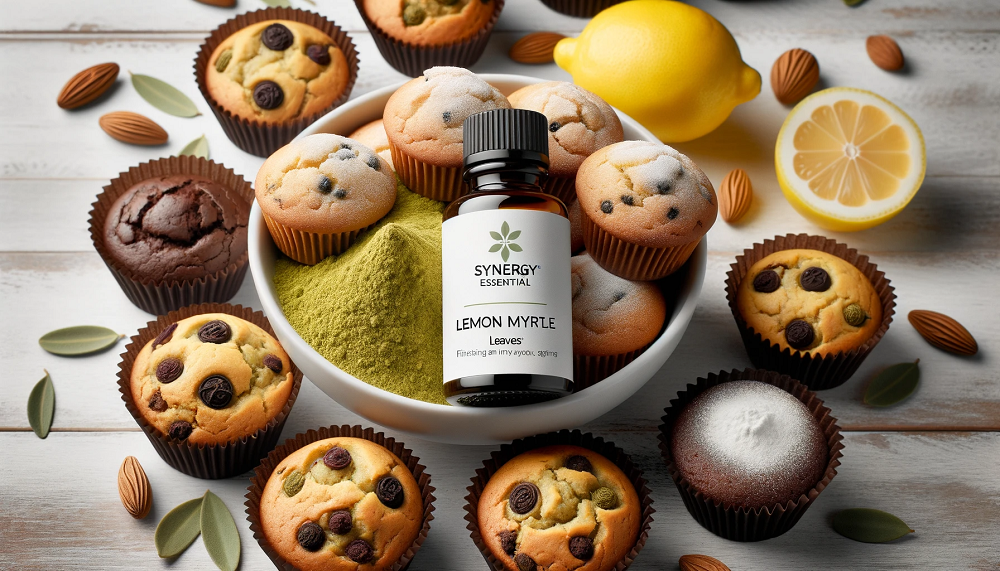- Tea tree oil contains natural antimicrobial compounds that may help with acne, fungal, and certain bacterial skin issues.
- Emerging reviews suggest benefits for soothing dry skin and mild eczema, though more large-scale human studies are needed.
- Always dilute tea tree oil before applying to skin to reduce irritation risk.
- Quality matters — look for pure, unadulterated oils with clear sourcing.
- Synergy Essential follows strict quality controls and ethical sourcing for its tea tree oil.
What It Is and Why It Matters Now
Tea tree oil is an essential oil derived from the leaves of Melaleuca alternifolia, native to Australia. Known for its distinctive, fresh scent, it has become a go-to natural ingredient in skincare. Interest is increasing in 2025 due to heightened consumer demand for botanical, eco-friendly remedies and ongoing research into plant-based antimicrobial agents.
Scientific reviews, such as those noted by NCCIH and summarized in work published in the Journal of Antimicrobial Chemotherapy, point to tea tree oil’s activity against certain bacteria and fungi.
Benefits and Evidence
Research suggests tea tree oil may:
- Reduce mild to moderate acne lesions when used in topical formulations.
- Help manage symptoms of athlete’s foot and nail fungus.
- Soothe dry skin patches and mild eczema-related itching.
However, while small human studies and lab research are promising, evidence is still limited compared to conventional treatments. Concentrations, purity, and formulation play a large role in effectiveness. Skin irritation and allergic reactions are possible, especially when undiluted oil is applied directly. Patch testing is advised, and pregnant or sensitive individuals should consult a healthcare provider before use.
How to Use
Tea tree oil should almost always be diluted with a carrier oil or integrated into a formulated product. Here are some common approaches:
| Form | Common Use | Notes |
|---|---|---|
| Diluted topical oil | Spot treatment for blemishes | Mix 1–2 drops per teaspoon of carrier oil |
| Pre-formulated cream/gel | Soothing irritated skin or minor rashes | Follow product-specific instructions |
| Shampoo with tea tree oil | Support scalp health | Check for suitable concentration for daily use |
Quality and Sourcing
Choose 100% pure tea tree oil from reputable brands. Look for clear labeling of botanical name (Melaleuca alternifolia), distillation method, and origin. Organic certification may indicate fewer pesticides in raw materials.
At Synergy Essential, quality measures include batch testing for purity, responsible sourcing from Australian growers, and strict storage protocols to maintain potency.
Frequently Asked Questions
Can tea tree oil clear acne overnight?
No. While it may reduce redness or swelling over time, results are gradual and depend on formulation and skin type.
Is tea tree oil safe for children?
It should be used with caution and in appropriate dilutions; seek guidance from a healthcare provider.
Can I ingest tea tree oil?
No. Tea tree oil is toxic if swallowed and should only be used externally.
Does tea tree oil expire?
Yes. It can oxidize over time, which may increase the risk of irritation; store in a cool, dark place and check use-by dates.
Why does my skin tingle when I apply it?
A mild sensation can occur due to its potency, but stinging, rash, or burning indicates possible irritation or allergy — discontinue use.
Disclaimer
This content is for informational purposes only and is not intended as medical advice. Always consult a qualified healthcare professional before starting any new skincare routine.
Conclusion
Tea tree oil remains a versatile, naturally derived option for supporting skin health when used safely and appropriately. Continued research in 2025 may further clarify its role in skincare routines. For more tips on harnessing nature?s best for your well-being, visit the Synergy Essential Blog.

